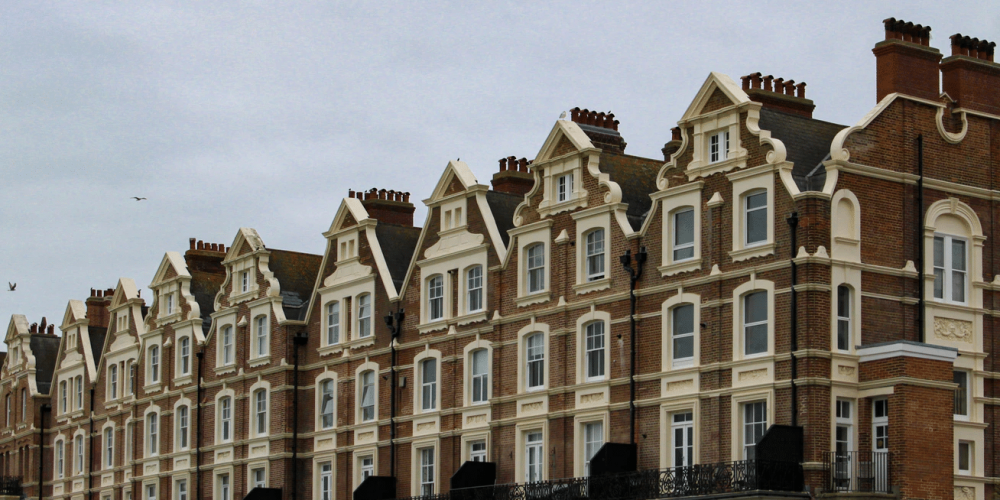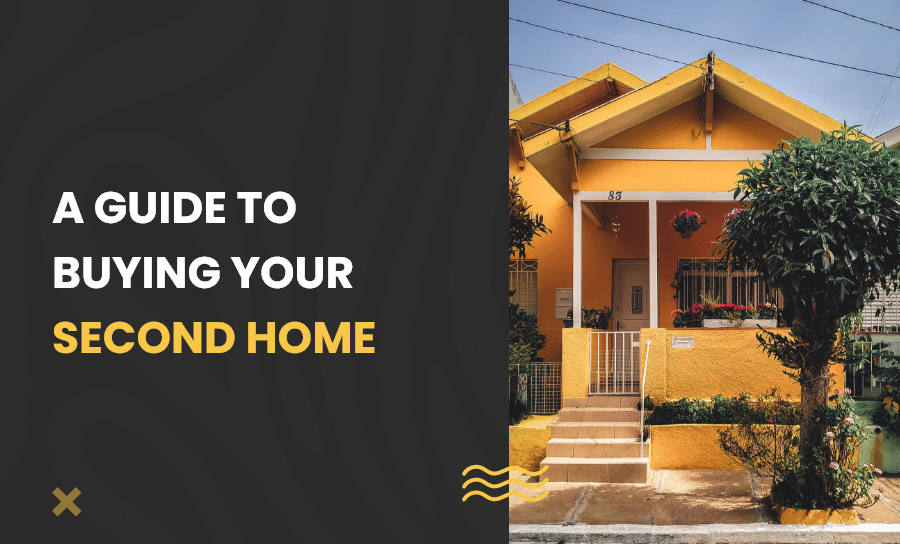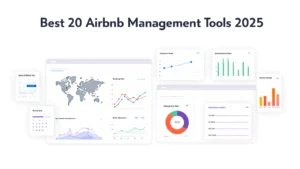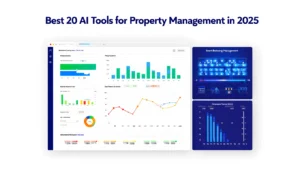
Buying a new house will probably be one of the most significant decisions you’re going to make in the next few years. Unfortunately, you can’t just go to your local shop to buy a new property! It will take lots of planning and preparation, even if you’re already on the property ladder.
If you’ve just bought your first house, you’ll be happy with it at the moment. But as situations change, such as family size growing, you may need a new house to fit your different needs in the future.
Buying your second home is not always the same process as buying your first one. To be prepared, you need to know the differences when buying your second property.
Moving up the property ladder isn’t always easy, and you will have a few extra things to think about before you start your search. You must know precisely what you need to make sure you are ready for your property search.
The average Brit moves house only about four times in their lifetime. This results in you staying in your house for about 23 years. You’re going to be staying in your new property for quite a long time, so you need to try and make sure it’s perfect for you.
Read on to find out how the process of buying your second house may be different and how to prepare for it.
Picking a home that works for you
When you are ready to buy a second property, you’ll likely be in a different position than when you were buying your first property. Different circumstances will mean you will have different needs or requirements for your house.
One of the most common requirements for a second home is a larger family. Maybe you have a baby on the way, and you need more rooms and space. Maybe you’ve worked hard enough to earn a few promotions, and now you can afford to upsize. All these situations will reflect the size and area you’re looking at.
If you need more space for a family, you’ll need a larger bedroom house. More bedrooms usually mean a more expensive house and a larger deposit. You will likely have to save up more money for your second home.
The area you are searching for will be your next thing to think about. If you love the area you’re currently living in and can find a suitable home there, then that’s great! But this isn’t always the case, and you may have to relocate to a different town or city.
Research the area beforehand and ensure it’s safe and has all the extra things you need, like nearby schools. Remember to have a think about transport and to commute as well. You don’t want to move into an area that results in you traveling hours to and from work every day.

Selling your current home
This is one of the significant differences between buying your first and second homes. When moving up the property ladder, you now have the option to sell the home you are currently living in.
If you’ve paid off your current mortgage, selling your home could make you a cash buyer. This means you can buy your next property outright without having to worry about loans or a mortgage. This puts you in a great position to negotiate, and you will often find you can get the house for a much lower price.
You have two options when selling your home to buy your next house. You can either sell your house first, then move into temporary accommodation until you complete your purchase, or try to sell your old home and buy your new one on the same day. Try considering different approaches like distributing real estate flyers and posting sell-out posters for selling out your property and earning calls to get better proposals.
Stamp duty
The rules surrounding stamp duty will change slightly when you are not a first-time buyer.
When you’re a first-time buyer, you don’t have to pay any stamp duty if your home is under £300,000. You’re only charged 5% on the next £300,001 to £925,000 of the home. Therefore, most first-time buyers will pay no stamp duty tax.
Unfortunately, you don’t get these luxuries if you’re buying your second property!
Similar to income tax, stamp duty is taxed in brackets depending on the price of the home. For the first £125,000 you pay no tax, 2% on £125,001 to £250,000, 5% on £250,001 to £925,000, 10% on £925,001 to £1,500,000, and 12% above £1,500,000.
The extra stamp duty you have to pay means you’ll have to prepare for an extra few thousand as well as the deposit if you’re taking the mortgage.





